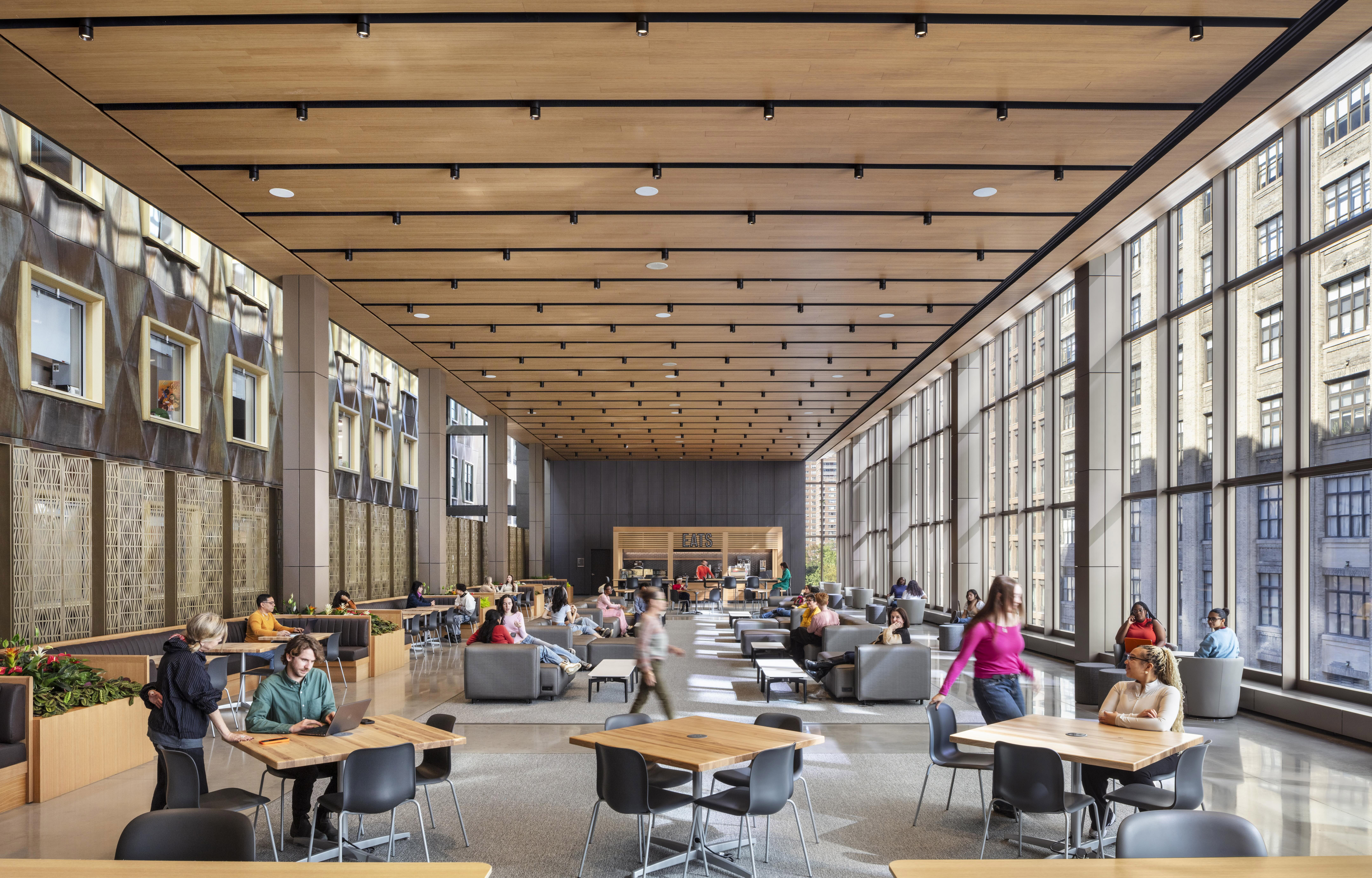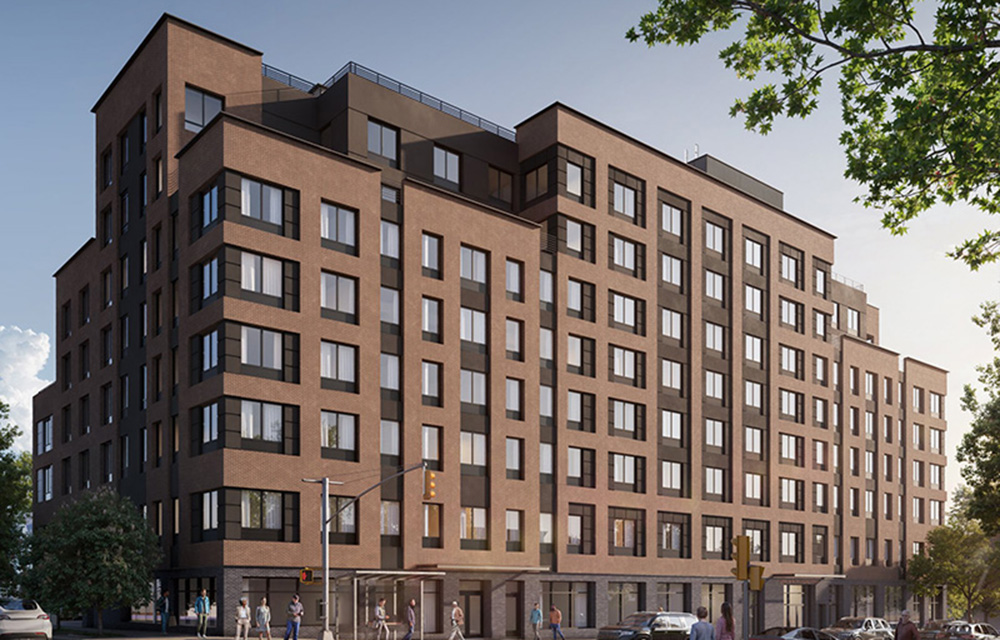News:
Construction Design & Engineering
Posted: October 8, 2010
A lawyer looks at bldg. maintenance: It is important to be proactive in handling unsafe conditions
In difficult economic times, people tend to put off any "nonessential" expenses. This principle can apply to the maintenance of buildings, both residential and commercial, but of course, should not. When such issues are postponed with buildings, they only get worse. Top floors in buildings are a perfect example. These spaces are more exposed to the elements than other spaces in the building. If the roof is not maintained, leaks can trickle down throughout the building and cause damage in many areas throughout the building. This can result in mold, which then causes potential health issues.
There may be other maintenance issues, such as noise from fans and other mechanical equipment on the roof disturbing residents. Sometimes the issue involves safety, such as access from dangerous people into hidden areas of the building. Falling air conditioning units has been in the news a lot lately. One building with extensive grounds allowed bushes to become overgrown, which created hidden areas for felons to hide and break into apartments. This illustrates how maintenance issues are not just maintenance issues, they can involve injury to residents.
Buildings need to have a game plan for regular maintenance of the building and to address problematic issues. To some extent Local Law 11 forces buildings over six stories high to focus on these issues in regular cycles, but buildings need to be prepared financially to undertake this work. In other words, financing must be in place so that the building is ready to go into contract to have the work done. Of course buildings lower than six stories cannot ignore building maintenance, even if Local Law 11 is not driving it. There may still be unsafe building conditions.
There may be other logistical issues which will need to be taken care of before work can be done. In co-ops there may be decking on roofs that need to be taken up before any work can be done. Things may need to be stored elsewhere in the building or off premises. Some unit owners have trees on their decks which need to be moved. The contractor may need to store materials on the roof and have access for scaffolds. Sometimes this can result in elaborate agreements to cover these contingencies which need to be negotiated by legal counsel.
Since I handle a lot of the legal work pertaining to these matters, from contracts for the construction work to litigation over injury to residents, I know how important it is for buildings to be proactive in handling these issues to help avoid some of the physical and emotional damage to property and people and resulting lawsuits.
C. Jaye Berger, Esq., is an attorney at Law Offices C. Jaye Berger, Manhattan, N.Y.
MORE FROM Construction Design & Engineering
Troutbrook expands with boutique condo project and Marriott Fairfield Inn & Suites renovation
Brooklyn, NY For more than 25 years, Troutbrook/Freud Development has remained focused on executing design-driven projects across the city. Its latest ventures reflect both a continued push into boutique residential development and an expansion

Quick Hits







.gif)
.jpg)
.gif)
.gif)